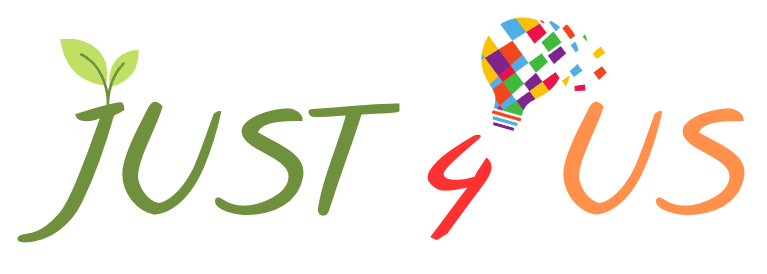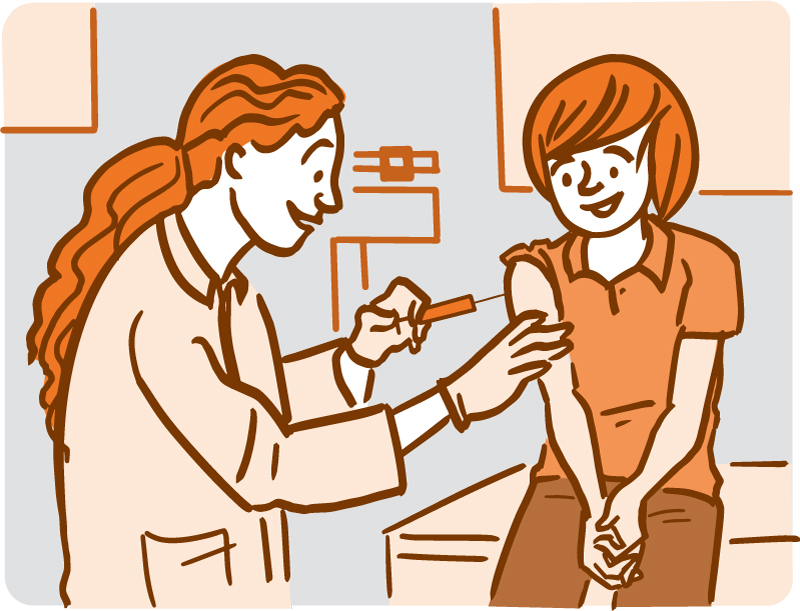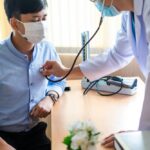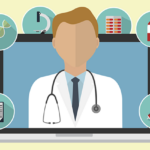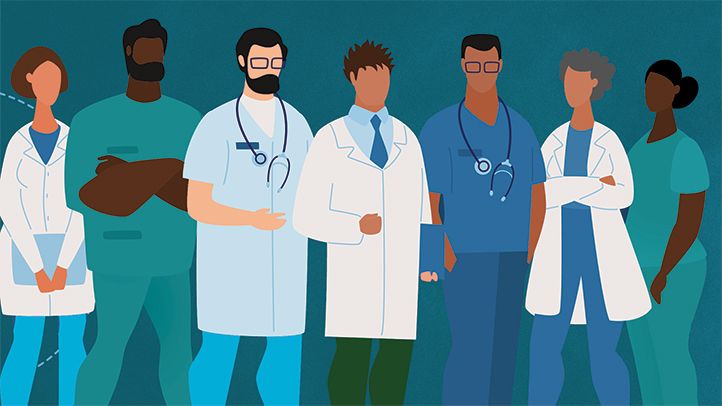Vaccination is a crucial tool in protecting public health and preventing the spread of infectious diseases. By receiving a vaccine, individuals are not only protecting themselves from serious illnesses but also playing a part in creating herd immunity, which helps to protect vulnerable populations who may not be able to receive the vaccine themselves. In this article, we will explore the science behind vaccination, the benefits of individual and community vaccination, and address common misconceptions and concerns about the topic.
The Science Behind Vaccination
Vaccines work by exposing the body to a weakened or dead form of a disease, allowing the immune system to build up protection against the disease. There are several different types of vaccines, including inactivated or killed vaccines, live attenuated vaccines, and subunit, recombinant, or conjugate vaccines. All vaccines undergo extensive testing for safety and efficacy before being made available to the public.
The Benefits of Individual Vaccination
Receiving a vaccine not only protects the individual from serious diseases, but it can also prevent outbreaks of diseases and save healthcare systems money. For example, the widespread use of the HPV vaccine has led to a decrease in cases of HPV-related cancers, saving both lives and healthcare costs.
The Benefits of Community Vaccination
In addition to individual protection, widespread vaccination also creates herd immunity, which protects those who may not be able to receive the vaccine themselves, such as infants and individuals with weakened immune systems. By preventing the spread of disease, vaccination helps to ensure the health and wellbeing of entire communities.
Addressing Concerns and Misinformation About Vaccination
Despite the overwhelming scientific evidence supporting the safety and efficacy of vaccines, there are still many misconceptions and concerns about vaccination. It is important to seek out credible, evidence-based information and to discuss any concerns with a healthcare provider. Healthcare providers and public health officials play a crucial role in educating the public and promoting the benefits of vaccination.
Conclusion
In conclusion, vaccination is a critical tool in protecting public health and preventing the spread of disease. By receiving a vaccine, individuals can protect themselves and play a role in creating herd immunity. It is important to address common misconceptions and concerns about vaccination and to seek out credible, evidence-based information. We encourage everyone to take advantage of the many benefits of vaccination and to protect themselves and their communities.
Vaccination is a simple and effective way to protect yourself and others from serious diseases. By understanding the benefits of vaccination, we can work together to create a healthier and safer world for all.
